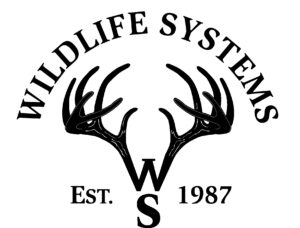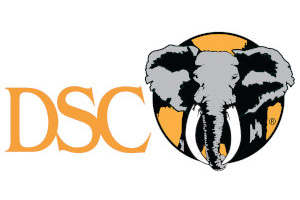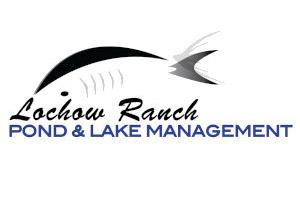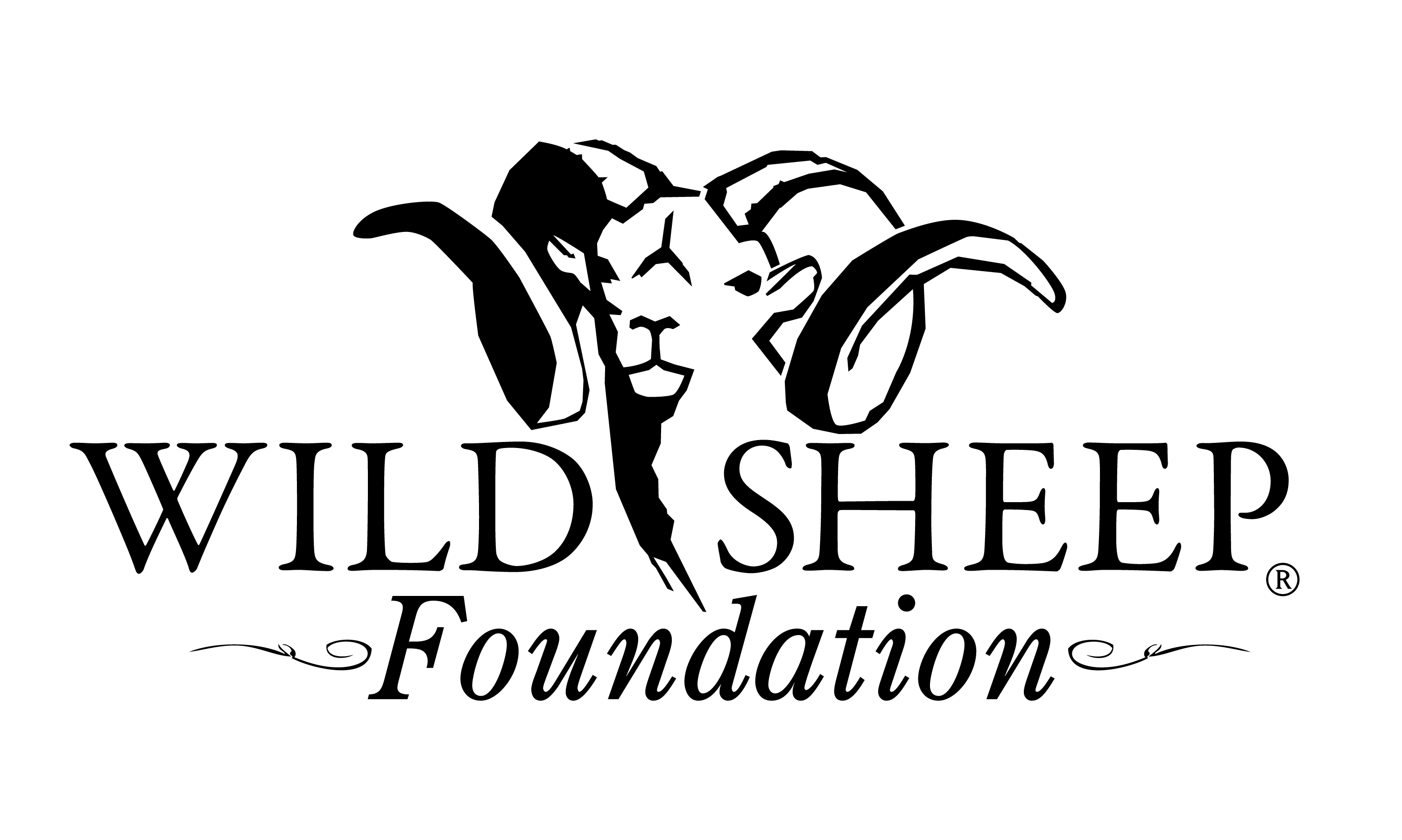Research Associate – wildlife disease modeling
USDA (Federal)
Details
Application Deadline:
08/25/2025
Published:
07/11/2025
Starting Date:
between 8/4/2025 and 9/15/2025
Hours per Week:
40
Salary:
$80,000 per year
Education Required:
Doctorate
Experience Required:
at least 2 years
Tags:
Faculty / Post-Doc Appointments
Description
POSITION
Position: Research Associate – wildlife disease modeling
Type: Full-time, 1-year term (extension pending performance and funding)
Duty station: Colorado State University and USDA-National Wildlife Research Center, Fort Collins
Salary: $80,000 annually + benefits)
Start date: ASAP after 08/01/2025
We are looking for an animal disease modeler with training in data science to develop and apply spatial models of African swine fever virus (ASFv) transmission in wild pigs to address risk assessment objectives. The modeler will work with agency scientists, animal health professionals, university researchers, and other stakeholders to co-develop the tools for management applications. The position is co-located in Fort Collins, CO at Colorado State University and the National Wildlife Research Center of USDA-APHIS-Wildlife Services. This is not a remote position.
The overarching objective is to deliver operational science that increases capabilities for detection, response, and elimination of ASFv in wild pigs early to maximize swine production and trade. Specific objectives include, but are not limited to:
1) Estimate outbreak probability, severity and persistence of ASFv in wild pigs for different points of introductions across the USA (risk assessment)
2) Estimate response zone size needed for rapid elimination of ASFv in feral swine across different environments in the USA (readiness strategies)
3) Identify surveillance designs that maximize early detection and rapid declaration of disease freedom following response to an ASFv introduction in wild pigs.
DUTIES
• Develop spatial models of disease transmission and algorithms for guiding response to a potential introduction of African swine fever in the USA.
• Conduct spatial simulations and analyze simulation data.
• Analyze GPS collar data from field studies of wild pigs to estimate movement and contact behavior.
• Develop interactive visualizations of results for stakeholders.
• Develop the tools into a software package that can be used readily for scenario evaluation.
• Publish articles in peer-reviewed journals.
• Give oral presentations at scientific conferences.
• Prepare high-level reports, oral presentation of results, and other types of communication with policy makers, funders, and a variety of non-technical stakeholders.
REQUIREMENTS
Must be proficient at:
· Applying modeling techniques and procedures.
· Developing mathematical algorithms to predict disease transmission dynamics.
· Analyzing data using probability statistics and other appropriate techniques.
· Designing and performing computer simulations.
· Generating de novo or modifying established modeling methods.
· Coding in a programming language (e.g., R, Matlab, C++, Python, or similar).
· Applying data science methods to build and manage data pipelines and develop interactive visualizations and software.
Must have:
· Strong expertise in quantitative ecology/disease ecology/epidemiology.
· Demonstrated research competency in the fields of applied statistics, computational biology, disease ecology, and/or spatial ecology.
· Ability to understand and address a variety of research needs and program priorities related to control of wildlife or livestock disease management.
· Ability to effectively and efficiently communicate technical information both orally (at conferences, workshops, and meetings with stakeholders) and in writing (for peer-reviewed publications) at all levels and be able to communicate their meaning to diverse audiences.
· Ability to effectively coordinate and promote program activities to stakeholders and external audiences.
ADDITIONAL PREFERRED QUALIFICATIONS
· Proficiency with extracting and manipulating geographical information systems (GIS) and global positioning system (GPS) data.
· Knowledge of control methodologies that are used for disease in wildlife species, livestock, and at the wildlife-livestock interface.
QUESTIONS and HOW TO APPLY
Send your cover letter and resume to Zaid.Abdo@colostate.edu and kim.m.pepin@usda.gov and apply to the Colorado State University Open Pool for the Microbiology, Immunology and Pathology (MIP) Department (Colorado State University Employment Opportunities | MIP Research Associates I, II, or III - Open Pool).
Contact
Kim Pepin
kim.m.pepin@usda.gov (preferred contact method)






